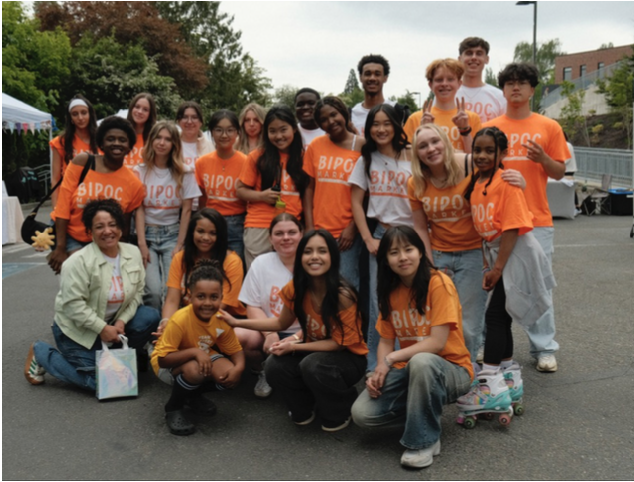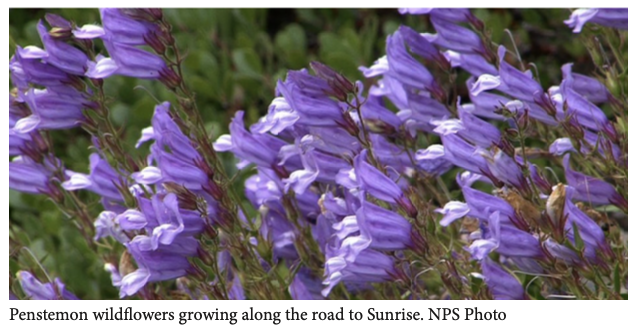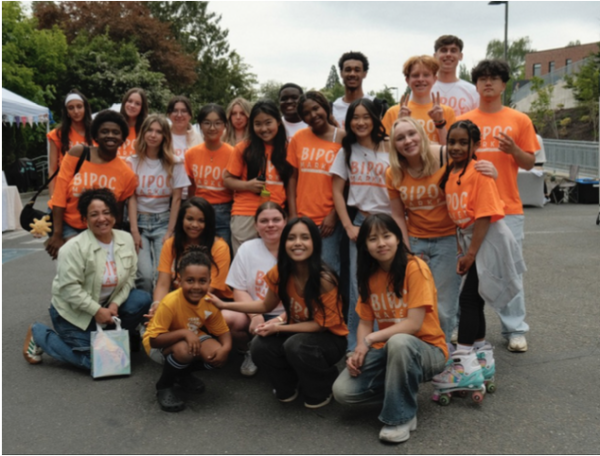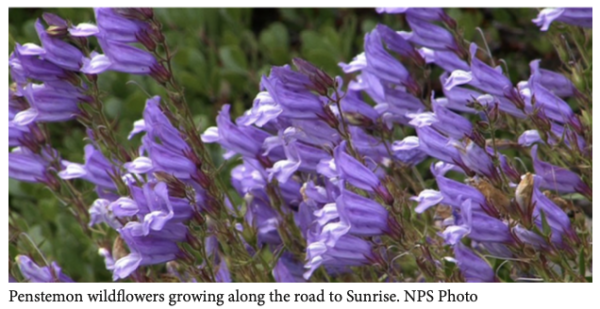IA Engagement: The Major Impact of Microaggressions
November 5, 2022
First off, let me state: I’m not here to say that Annie Wright should abandon the ideal of single-gender education. Sebastian Bush already brought that idea to Inkwell two years ago; instead, I’m here to bring your attention to attention to something a little bit smaller. You might even say… micro. [Cue forced laughter.]
Bad puns aside, “microaggression” is a term you might have heard thrown around over the years without truly understanding its meaning. On the surface, it’s pretty simple: micro aggressions. Small aggressions. They’re usually small statements or actions towards those who fall into a marginalized or oppressed group that, unintentionally or intentionally, display ignorance, prejudice, or even open hostility towards that group. Microaggressions can be based on race, religion, gender, sexuality, socioeconomic status – all those aspects of our lives that make us different and that we as humans seem to have a hard time dealing with. Unfortunately, everyone has probably committed a microagression at some point without knowing it. But I’m not talking about the dictionary definition – I’m talking about the meaning, one that those who haven’t experienced a microaggression before may not see. And as one of the exceptions to the rule in our Upper School for Girls, I happen to fall into that category. Like I said, microaggressions are small, everyday statements, but when they’re added up and heard over and over again multiple times every day, they can affect the recipient’s mental health greatly. But this isn’t a guilt trip – humans are self-absorbed by nature, and it’s difficult to consider every word we say when we say so many of them. This is just me attempting to explain why some words do need to be considered more.
I go to the Annie Wright Upper School for Girls, and I am not a girl. I know several other people who go to the Annie Wright Upper School for Girls and are not girls. Although I don’t have enough contact with the USB to know this for certain, it is highly plausible that some current students in the Upper School for Boys are not boys. We exist. You probably already know this, but just in case you don’t, there’s where we need to start.
Some of your first questions might be: Why are you here then? If being in this single-gendered environment makes you uncomfortable, why don’t you just leave? For me, it’s the same reason most people don’t switch schools. I was here before I realized I wasn’t a girl, and once I did, I had friends here. I’d settled into my classes and the environment. Sure, it wasn’t perfect, but it wasn’t horrible. Say what you will, but Annie Wright and Western Washington in general is a fairly tolerant place to be when you’re not cisgender (meaning you still identify as the same gender you were assigned at birth, for those who aren’t versed in the lingo). Besides someone scratching off the alterations I made to some menstruation awareness posters last year (women aren’t the only ones who menstruate, to my monthly chagrin), no one has shown any signs of open hostility. But we are (in label) a single-gendered school, so things happen.
I’ve been lumped into groups of “ladies,” “girls” and “chicas.” I’ve watched a friend explain his trans fat pin to a teacher and immediately after being called “she” to his face. The discussions of feminism here are important, but for me they’re clouded over by “us as women,” spoken with the clear expectation that everyone in the room hears it and thinks “yes, that’s me.” Even when I’m wearing a pronoun pin, people assume they know who I am because of the length of my hair, the campbell plaid skirt and the ribbon tie around my neck. All of this, though it may not seem like much, gets tied together in my mind as one big message: You’re not meant to be here. No one will ever see you as who you are. You should just give up and stop burdening people with your sensitivity.
Even as I type this now, I want to take it back. From their very name, microaggressions sound so small, so unimportant, like they shouldn’t affect their recipients as much as they do. But they do. Even though I’ve been unconsciously told that my gender is a burden to others for the better part of two years now, I’m writing this anyway and not editing out how much I care about it, because I’m hoping that maybe someone will understand and take it to heart. At the very least, I hope that someone who also doesn’t quite fit into the split division model will read this and know they’re not alone.
So, please ask for people’s pronouns. Avoid addressing groups of people as “girls,” “boys,” “ladies,” “gentlemen” or any other gendered collective noun. If you speak another language, look into gender-neutral pronouns and terms in that language so you’re ready when you inevitably meet a nonbinary person you’re talking to/about in that language. And listen to people when they courageously correct you. Directly confronting someone can feel impossible and scary, especially if they’re in a position of power or you’re in front of a lot of people, all who might have different reactions. It can also feel somewhat pointless if you’re used to people being corrected and still continuing on as normal.
Talk to your non-cisgender peers about how you can help them specifically. Sometimes it’s hard for them to bring up, but I know that personally, if someone asked me how they could do better, I’d be willing and happy to answer them. However, I don’t speak for everyone. I am only one person in one “girl’s” school who happens to not fit into that category. I’m missing a variety of other perspectives – there are some people who might be far more comfortable with directly addressing microaggressions than I am, or people here who’ve just accepted that this is where they are and what they have to deal with, and all those reactions are also okay.
I should also acknowledge that I’m a white non-cis person, and we’ve dominated most of the transgender and nonbinary narrative (and most other narratives) for quite a while. During my research for my Global Politics IA, I interviewed a Latine transmasc student at the University of Puget Sound who talked extensively about intersectionality – the concept that the facets of a person’s identity, and therefore the oppression that comes from others towards those facets, can’t be put into neat little boxes and studied separately. He emphasized how much being Latine impacts his experience as a transmasc person, and that he has a hard time finding acceptance with others in either of those groups because he faces microaggressions at every turn. It reminded me that the people from whom I experience microaggressions aren’t the only ones who need to think about their words more carefully and consider others’ perspectives. It’s work we all have to do – and do consistently – in order to be truly good to each other. It may take some time, but it’s time worth taking.
This article serves as an engagement for the author’s Global Politics Internal Assessment. It has been edited for length and clarity and to uphold Inkwell’s standards for published content.









